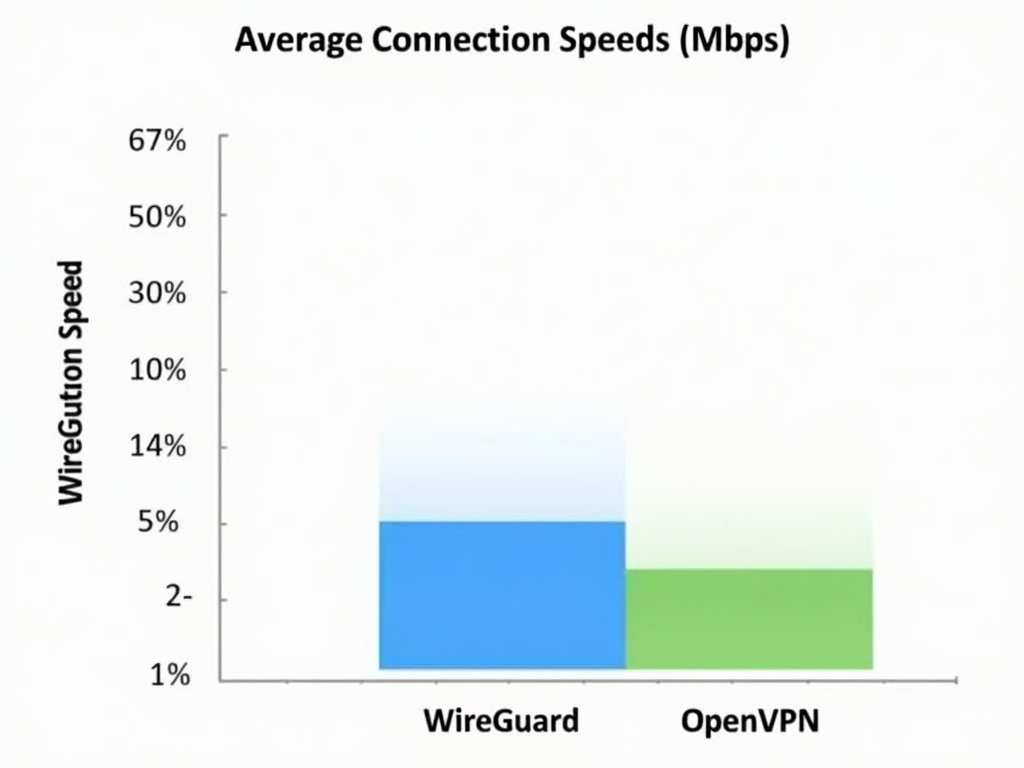Understanding VPN Protocols: WireGuard vs. OpenVPN
Understanding VPN Protocols: WireGuard vs. OpenVPN is a comprehensive comparison of two popular VPN protocols. This article explores their features, advantages, and use cases, helping you choose the best one for your needs.
Virtual Private Networks (VPNs) have become essential tools for maintaining online privacy and security. At the heart of every VPN is a protocol that ensures your data is encrypted and transmitted securely. Two of the most popular VPN protocols are WireGuard and OpenVPN. In this article, we'll delve into the details of these protocols, comparing their features, performance, and use cases.
WireGuard is a relatively new VPN protocol that has gained popularity for its simplicity and speed. It uses state-of-the-art cryptography and is designed to be easy to implement and audit. Some key features of WireGuard include:
- Simplicity: WireGuard has a small codebase, making it easier to audit and maintain.
- Speed: It is known for its high performance, offering faster connection speeds compared to other protocols.
- Security: WireGuard uses modern cryptographic algorithms, ensuring robust security.
| Feature | WireGuard | OpenVPN |
|---|---|---|
| Codebase | Small and simple | Larger and complex |
| Speed | Fast | Moderate |
| Security | Modern cryptography | Established security |
OpenVPN is a well-established VPN protocol that has been around for over a decade. It is widely used and supported by many VPN providers. Some key features of OpenVPN include:
- Flexibility: OpenVPN supports a wide range of encryption algorithms and can be configured in various ways.
- Compatibility: It is compatible with most operating systems and devices.
- Community Support: OpenVPN has a large community of users and developers, providing extensive documentation and support.
In my experience, OpenVPN has been a reliable choice for VPN connections. Its flexibility allows me to customize the encryption settings to suit my needs, and the extensive community support has been invaluable when troubleshooting issues.
When it comes to performance, WireGuard has a clear advantage. Its lightweight design and efficient cryptography result in faster connection speeds and lower latency. This makes WireGuard an excellent choice for activities that require high bandwidth, such as streaming or gaming.

Both WireGuard and OpenVPN are considered secure, but they use different approaches to achieve this. WireGuard uses modern cryptographic algorithms, such as ChaCha20 for encryption and Poly1305 for authentication, which are highly secure. OpenVPN, on the other hand, supports a variety of encryption algorithms, including AES, which is widely regarded as secure.
While both protocols are secure, I appreciate the modern cryptography used in WireGuard. It gives me confidence that my data is protected with the latest security standards.
Choosing the right VPN protocol depends on your specific needs. Here are some scenarios where each protocol shines:
- WireGuard:
- High-speed connections for streaming or gaming
- Simple setup and configuration
-
Modern security standards
-
OpenVPN:
- Compatibility with a wide range of devices
- Flexibility in encryption settings
- Established and trusted protocol
Based on my experience, I recommend WireGuard for most users due to its speed and simplicity. However, if you need compatibility with older devices or specific encryption settings, OpenVPN is a solid choice.

In conclusion, both WireGuard and OpenVPN are excellent VPN protocols with their own strengths. WireGuard offers speed and simplicity, while OpenVPN provides flexibility and compatibility. When choosing a protocol, consider your specific needs and preferences. For most users, WireGuard is a great choice, but OpenVPN remains a reliable option.